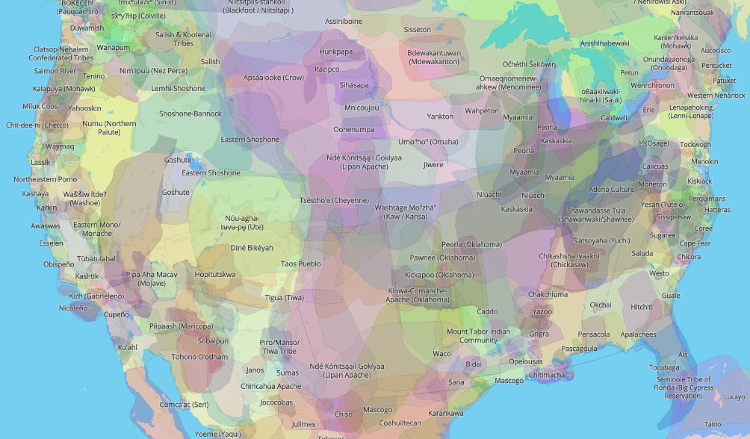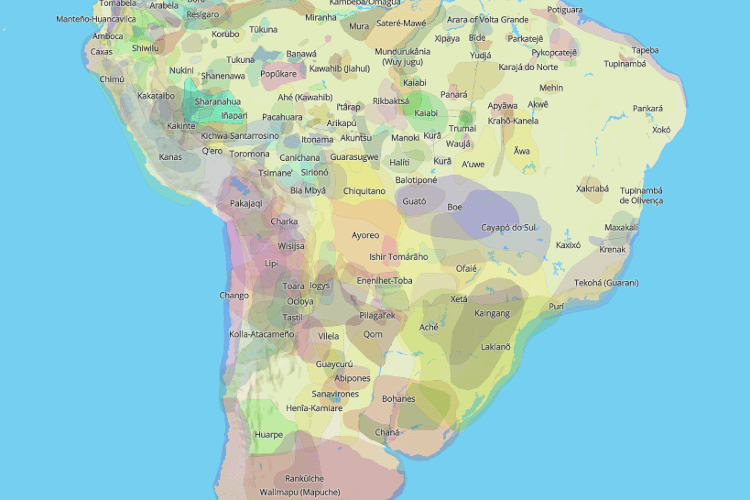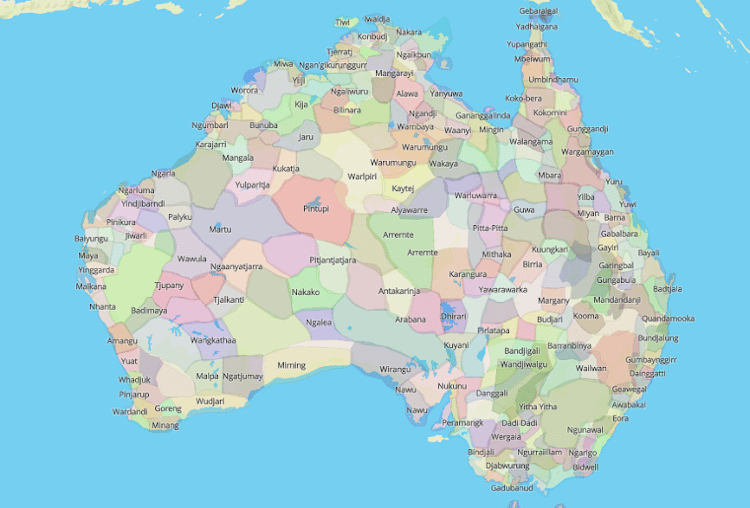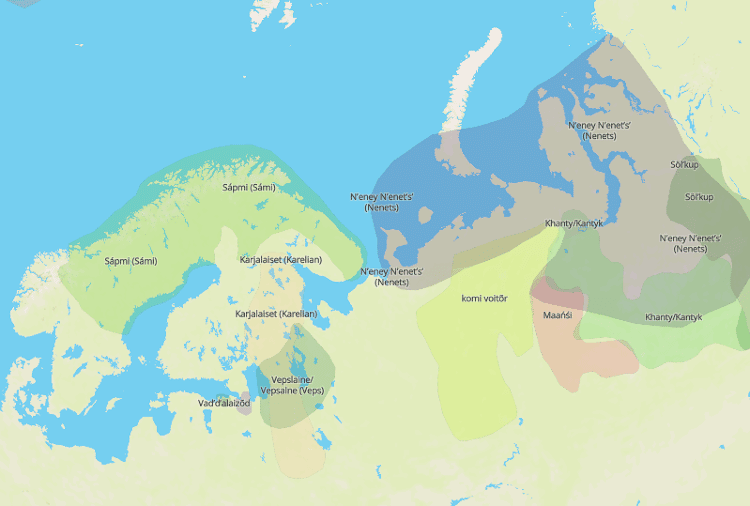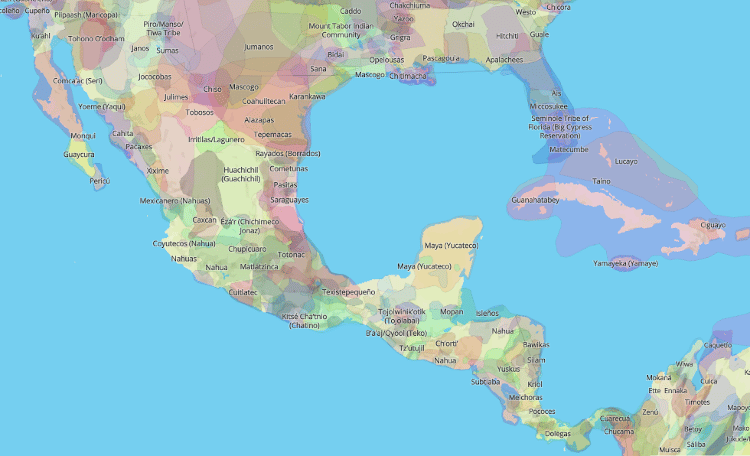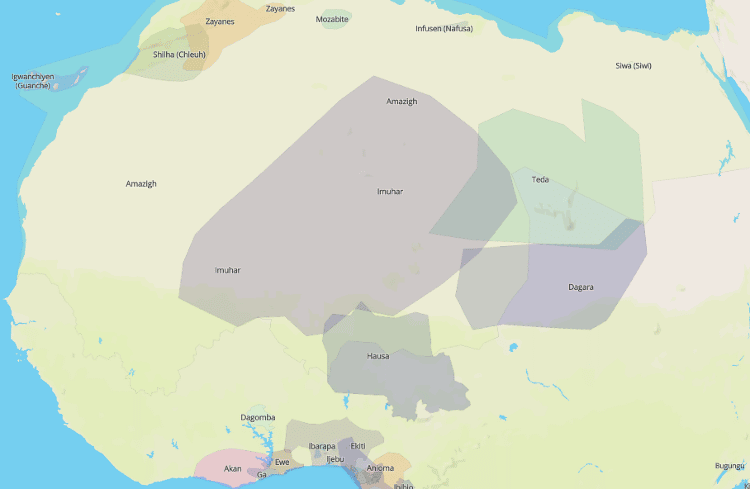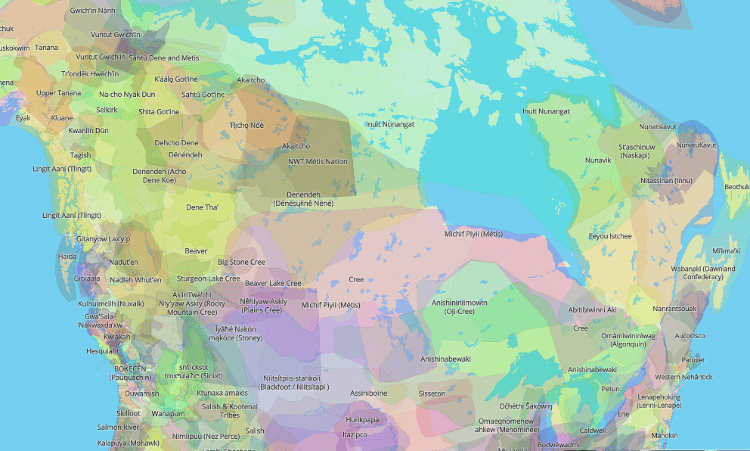For many, Indigenous Peoples’ Day is an important holiday rooted in reflection and honoring Indigenous people of the past, but it doesn’t need to be once-a-year acknowledgement of Indigenous history. Celebrating Indigenous peoples’ traditions and recognizing the struggles they have been through can be done year-round. A first and easy step to do so is to ask yourself, “What Indigenous land am I on?” This question inspired Native Land Digital, a Canadian not-for-profit organization, to launch an interactive digital map in which you can enter your zip code or zoom in to find out what territories, languages, and treaties were predominant in any area around the globe.
Launched in 2015, the Native Land Digital map is a collaborative effort. Started by a self-proclaimed settler named Victor Temprano, today this initiative is overseen by an Indigenous-led organization that was incorporated in 2018. The map is available on Native Land Digital’s website, as well as a mobile app for iOS and Android.
For a more insightful experience, the map has an option to see “settler labels”—contemporary borders and state lines. This both helps understand exactly where each Indigenous group lived (or lives), and raises new questions about the consequences of limits and divisions set by governments without taking into account the people who have thrived there for centuries. Take for example the Mescalero Apache, who had populations on both sides of the Rio Grande and saw their territory separated by the U.S.-Mexico border.
Although it is very thorough, its creators point out that it is still a work in progress. “This map does not represent or intend to represent official or legal boundaries of any Indigenous nations,” reads a statement on the home page of Native Land. “To learn about definitive boundaries, contact the nations in question.” The team behind the map also suggests reaching out to specific groups regarding any Indigenous land acknowledgements. On the other hand, Native Land Digital welcomes contributions and encourages users to get in touch if they find any errors in the map.
Whether you feel like learning the story of the place you live on or want to know more about Indigenous groups, this map is an invaluable resource for communities around the world and those hoping to help them protect their heritage.
Native Land Digital, a not-for-profit organization, launched an interactive map where users can learn which Indigenous lands they are living on.
You can enter your zip code or zoom in to find the territories, languages, and treaties that cover any area around the globe.
Although it is very thorough, its creators point out it is still a work in progress.
“This map does not represent or intend to represent official or legal boundaries of any Indigenous nations,” states Native Land.
However, this map is certainly an invaluable resource for communities around the world.
Native Land Digital: Website | Facebook | Instagram
h/t: [NPR]
Related Articles:
Indigenous Model Wears Accessories Celebrating Native Community to the 2022 Met Gala
Redwood Forest in Northern California Is Returned to Indigenous Ownership
New ‘First Americans Museum’ in Oklahoma Is Dedicated To Sharing Indigenous Stories

